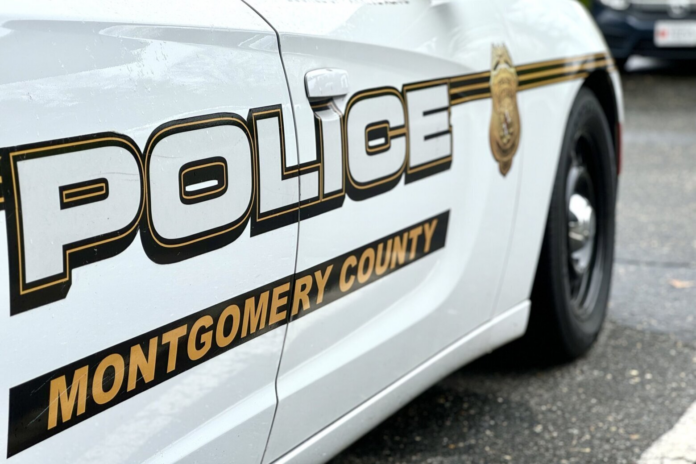Montgomery County police report progress in identifying officers facing mental health challenges and improving access to mental health care services.
On Sunday night, police responded to a situation involving an officer in distress inside a patrol car in Potomac, Maryland. After 15 hours, the incident was resolved safely, and the officer was transported to a hospital.
Assistant Police Chief David McBain highlighted the department’s efforts to better recognize and assist officers struggling with mental health issues, helping them recover and return to duty.
Michael Uh, chief psychologist for the department’s Stress Management Office, praised the proactive approach, describing it as a long-awaited improvement.
Uh explained that policing is inherently stressful, requiring officers to respond quickly to emergencies and establish order in chaotic situations. The mental energy needed to handle such crises can take a toll.
He noted that officers often face multiple traumatic events in a single day, while the average person may experience only a few in their lifetime. On average, officers witness or endure approximately 170 traumatic events over their careers.
Balancing work and personal life is especially difficult for police officers, Uh added. Transitioning from high-stress situations to family roles, such as being a parent or spouse, can be challenging.
The department also emphasizes support for officers’ families, recognizing their role in overall wellness. Ensuring family members have access to mental health resources is a key part of the initiative.
Uh pointed to a growing focus on mental health among first responders and military personnel, a trend accelerated by the pandemic, which placed them under immense pressure.
He noted a cultural shift among younger officers, who are more willing to seek mental health support, reducing stigma within the profession.
Uh said he’s encouraged that these younger officers will eventually take leadership roles and continue promoting mental health awareness.
While providing access to mental health services is vital, Uh emphasized that peer support often has the most significant impact.
Real change happens, he said, when officers share their own experiences, telling colleagues, “I struggled, sought help, and now I’m back on duty.”




